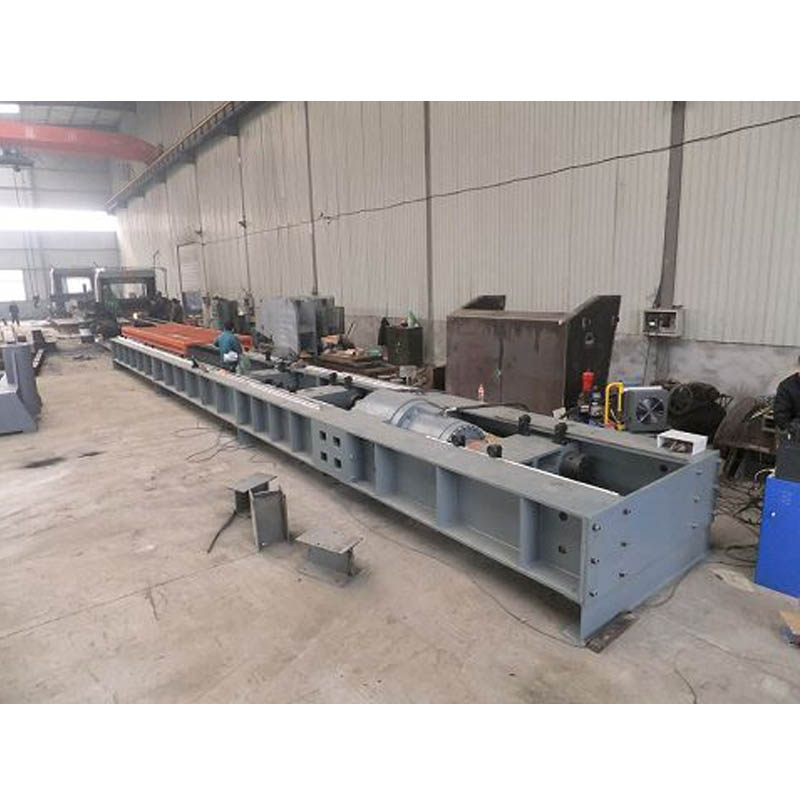car brake pipe
Oct . 06, 2024 16:59 Back to list
car brake pipe
The Importance of Car Brake Pipes Ensuring Safety and Performance
When it comes to vehicle safety, the brake system is arguably the most critical component of a car. Among the many parts that make up this system, brake pipes often go overlooked. These tubes, responsible for transporting brake fluid from the master cylinder to the brake calipers or wheel cylinders, are essential for proper braking performance. Understanding the significance of brake pipes and their maintenance can greatly influence your vehicle's safety and efficiency on the road.
What Are Brake Pipes?
Brake pipes are usually made from materials like copper, stainless steel, or plastic, designed to withstand high pressure and the corrosive nature of brake fluid. Their primary function is to carry brake fluid through a closed system, ensuring that when the driver presses the brake pedal, this fluid is transmitted effectively, creating enough force to engage the brakes. Given their role in a vehicle's hydraulic braking system, the integrity of these pipes is crucial. If they become damaged or corroded, it can lead to decreased braking performance or even total brake failure.
Common Issues with Brake Pipes
Brake pipes are susceptible to various issues over time. One of the most common problems is corrosion, especially in regions where road salt is used during winter months. This corrosion can lead to leaks, causing a drop in hydraulic pressure and ultimately result in the brakes failing to engage properly. Another issue is damage from road debris, which can create punctures in the pipes. Additionally, improper installation or inadequate repairs can compromise the system's integrity, posing serious safety risks.
Signs of Brake Pipe Issues
Being aware of the signs of brake pipe troubles can help drivers identify issues early and prevent accidents. Common indicators include
car brake pipe

1. Brake Warning Light If your vehicle's dashboard features a brake warning light, this could indicate low brake fluid levels, possibly due to a leak in the brake pipes. 2. Soft or Spongy Brake Pedal A brake pedal that feels soft or sinks to the floor may suggest air in the brake lines or a fluid leak in the brake pipes.
3. Fluid Spots If you notice brake fluid pooling under your vehicle, it’s essential to check the brake pipes for leaks.
4. Increased Stopping Distance If your vehicle takes longer to stop than usual, it may indicate a problem with the brake system, including potential issues with the brake pipes.
Maintenance and Inspection
Regular maintenance and inspection of brake pipes are crucial for ensuring the vehicle's safety. Drivers should have their brake system checked periodically, especially if operating in conditions prone to corrosion, such as areas with heavy road salt exposure. A qualified mechanic can inspect the brake pipes for signs of wear, corrosion, or damage, replacing them if necessary.
It’s also advisable to keep an eye on brake fluid levels and top them up as needed. Using the correct type of brake fluid specified by the vehicle manufacturer will also enhance the longevity and reliability of the braking system.
Conclusion
Brake pipes are an integral part of a car's braking system, playing a pivotal role in vehicle safety and performance. Neglecting their maintenance can lead to dire consequences, including brake failure, which can result in accidents or injuries. Understanding the importance of these components, recognizing the signs of potential issues, and committing to regular inspections can greatly contribute to a safer driving experience. Remember, when it comes to brakes, it’s better to be proactive than reactive. Taking care of your brake pipes ensures that you, your passengers, and everyone else on the road can travel safely.
